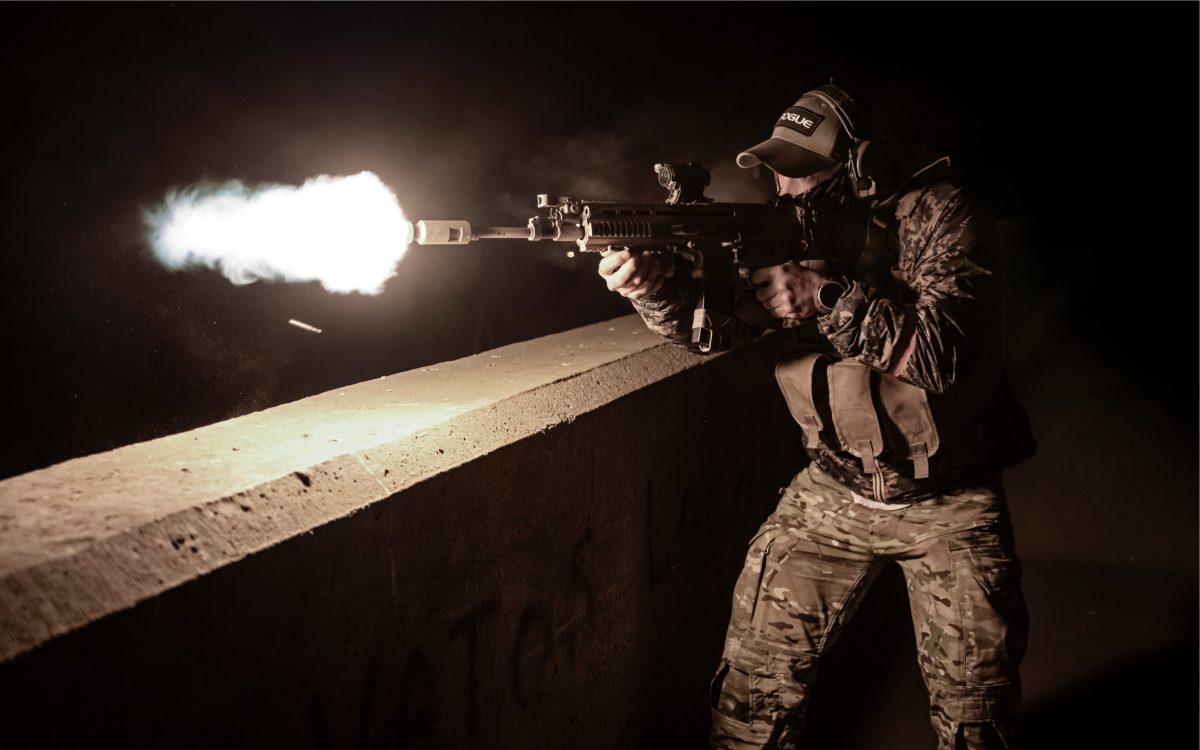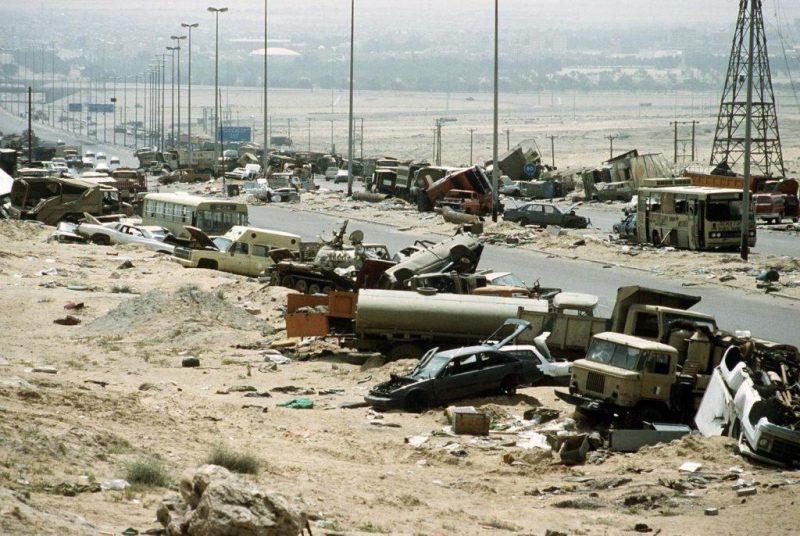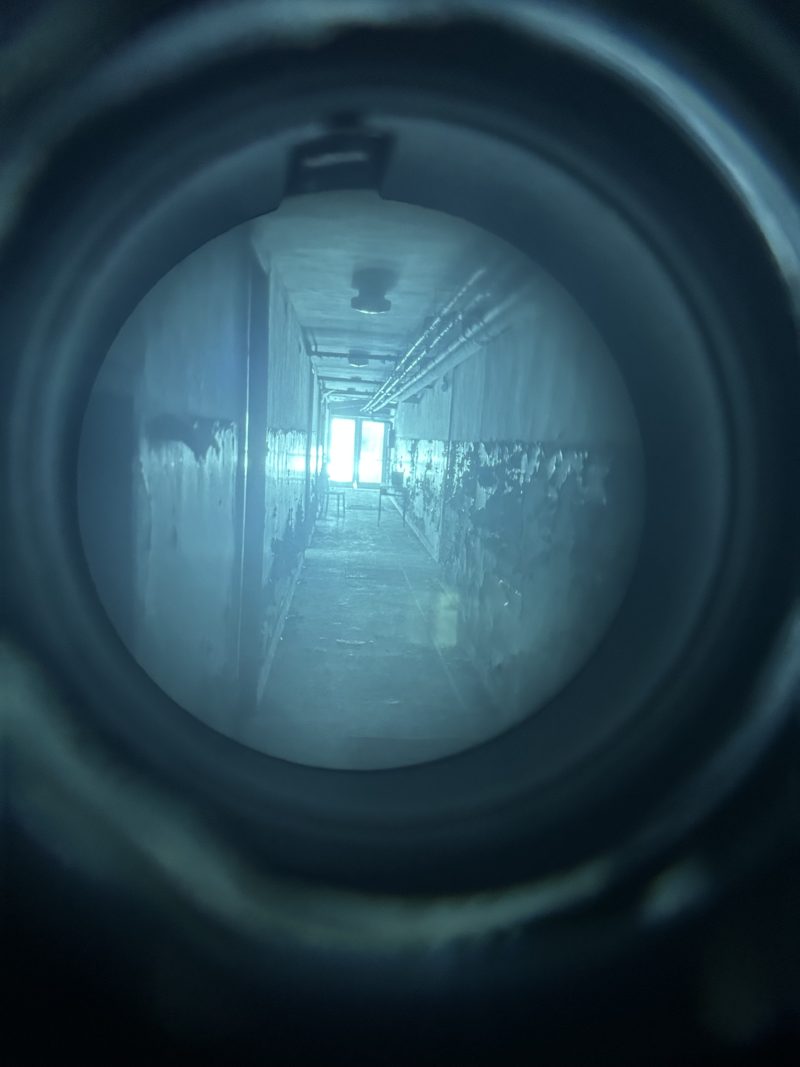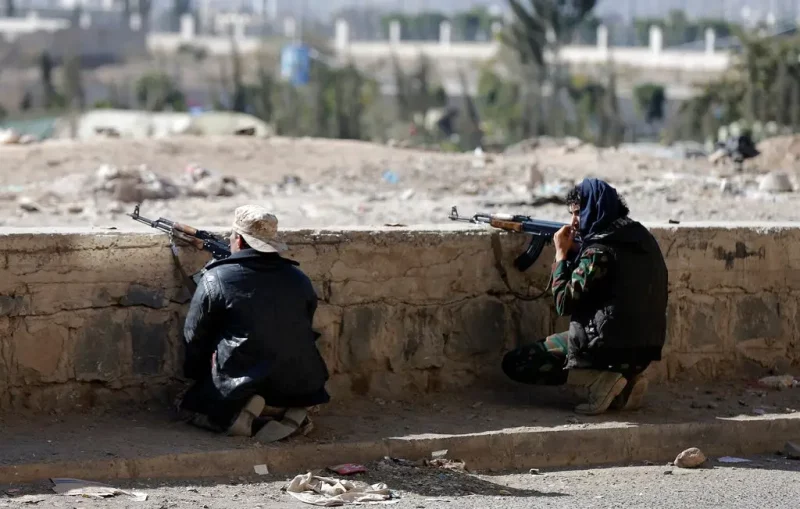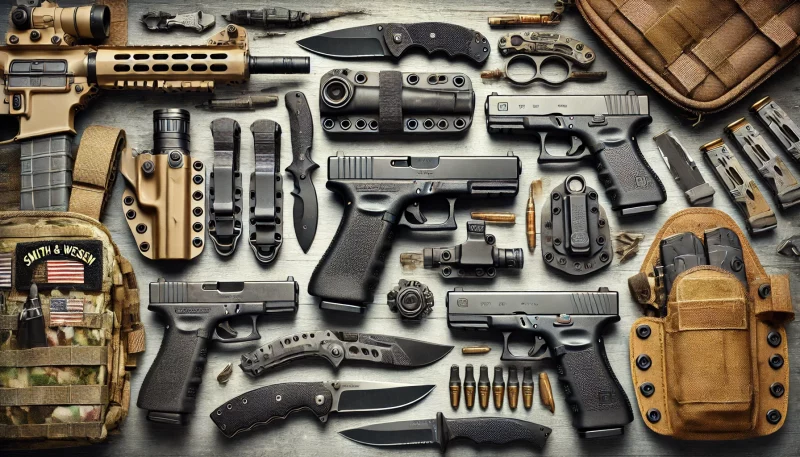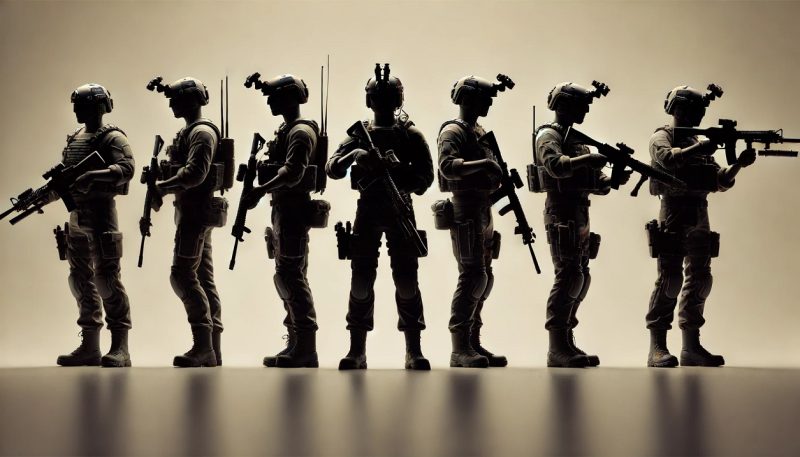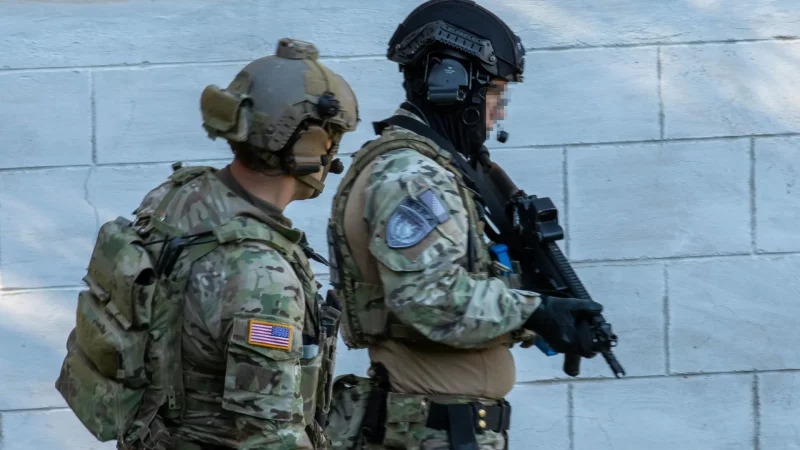Newly formed in 2020, the 21st Special Reconnaissance Detachment was created to take on the Special Reconnaissance role within the Special Operations Regiment. Special Reconnaissance is conducted by small units of highly trained military personnel, usually from Paracommando units or military intelligence organizations, who operate behind enemy lines, avoiding direct combat and detection by the enemy.
Introduction
Developments over the past year in Ukraine have shown that the art of Special Reconnaissance still plays a crucial role on the modern warfare battlefield. The success of any operation depends on solid reconnaissance work. Within the Special Operations Regiment, few roles are as demanding as the role of Special Reconnaissance Operator and require a special kind of person to get through the selection process.
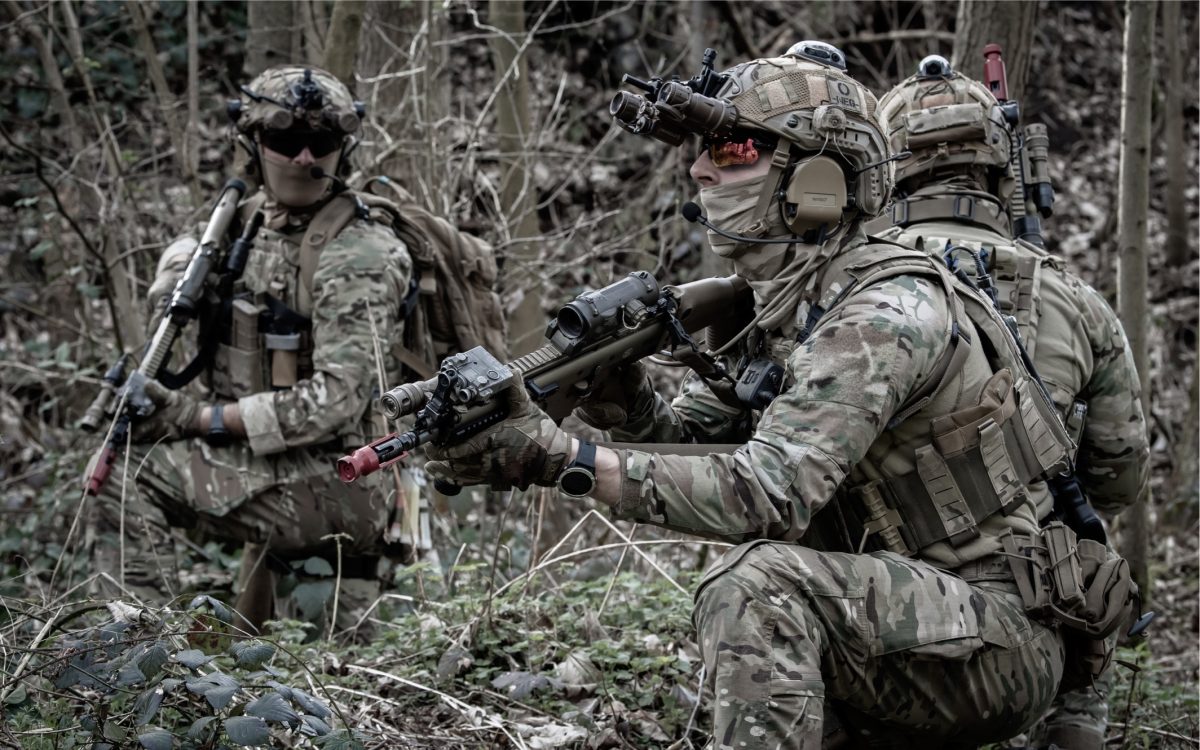
Task and missions
The mission of a Special Reconnaissance team is to deploy rapidly and undetected by any means (land, sea, air), anytime and anywhere, into combat and hostile environments to conduct multi-domain reconnaissance and surveillance across the spectrum of any conflict. They aim to obtain, transmit, and action strategic, operational, and tactical intelligence information to achieve information superiority for the successful execution of joint force objectives.
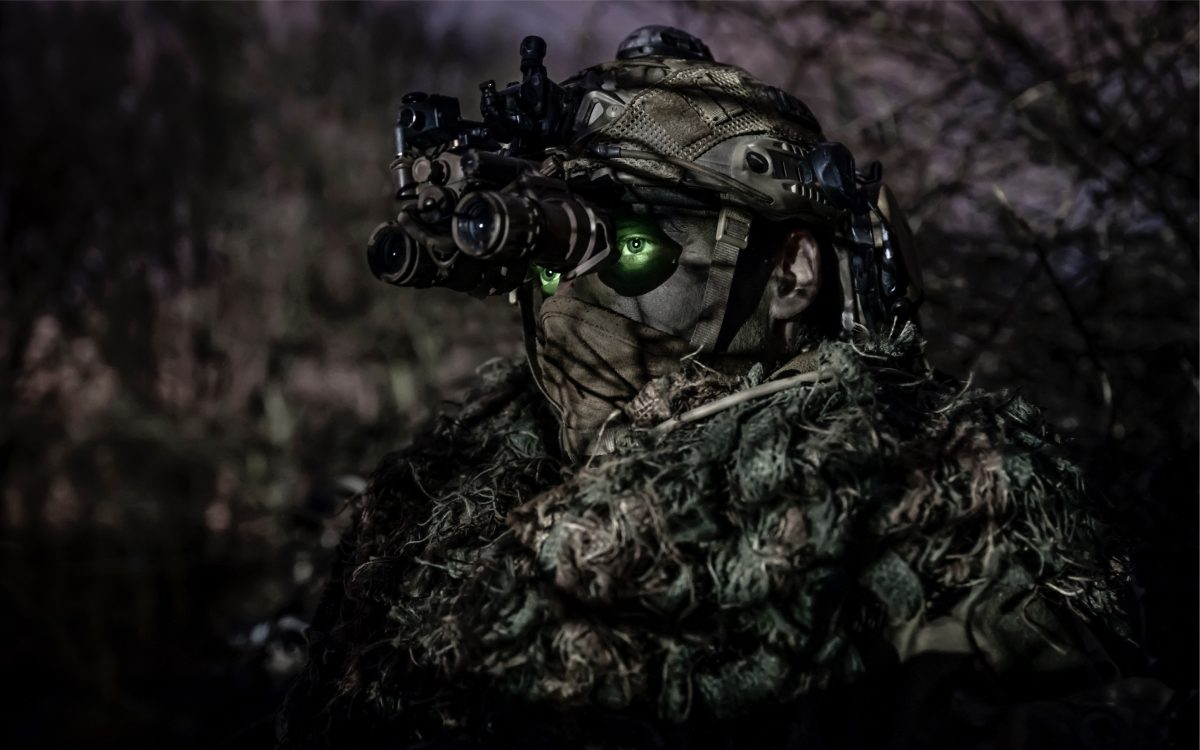
Basic Reconnaissance Course 23 (BSRC23)
The Special Reconnaissance career field is small and selective. To become a ‘Special Recondo’, you will undergo approximately 2,5 months of reconnaissance training. The BSRC23 is the 2nd, improved edition of this course, which offers members of 3 Para and 2 Commando the opportunity to become part of the Special Reconnaissance Detachment.
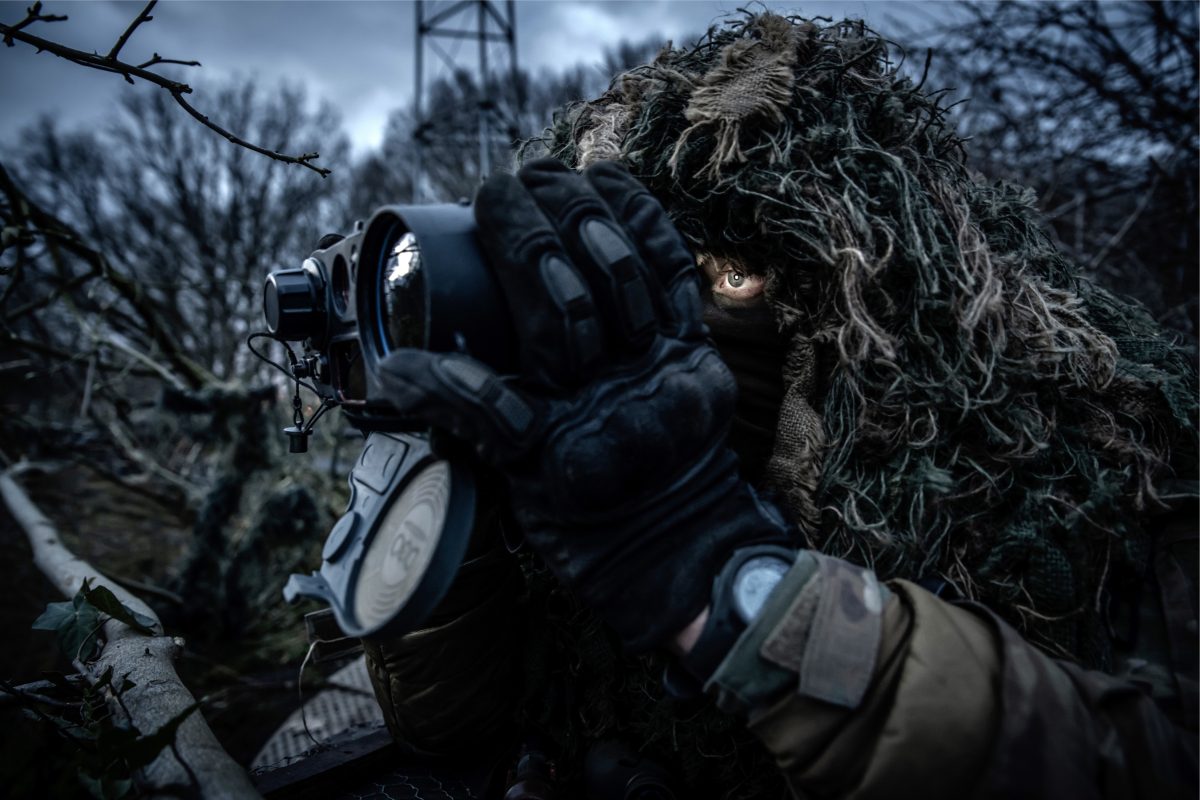
After succeeding in the BSRC, you will undergo extensive skill training for approximately 2 years of training and learning to operate at the highest level. The BSRC23 will assess candidates based on several factors and selects them if found suitable for conducting special reconnaissance missions. Only the most dedicated, team-oriented candidates will be selected. The course prepares candidates physically and mentally for the rigors of the Special Reconnaissance career field.
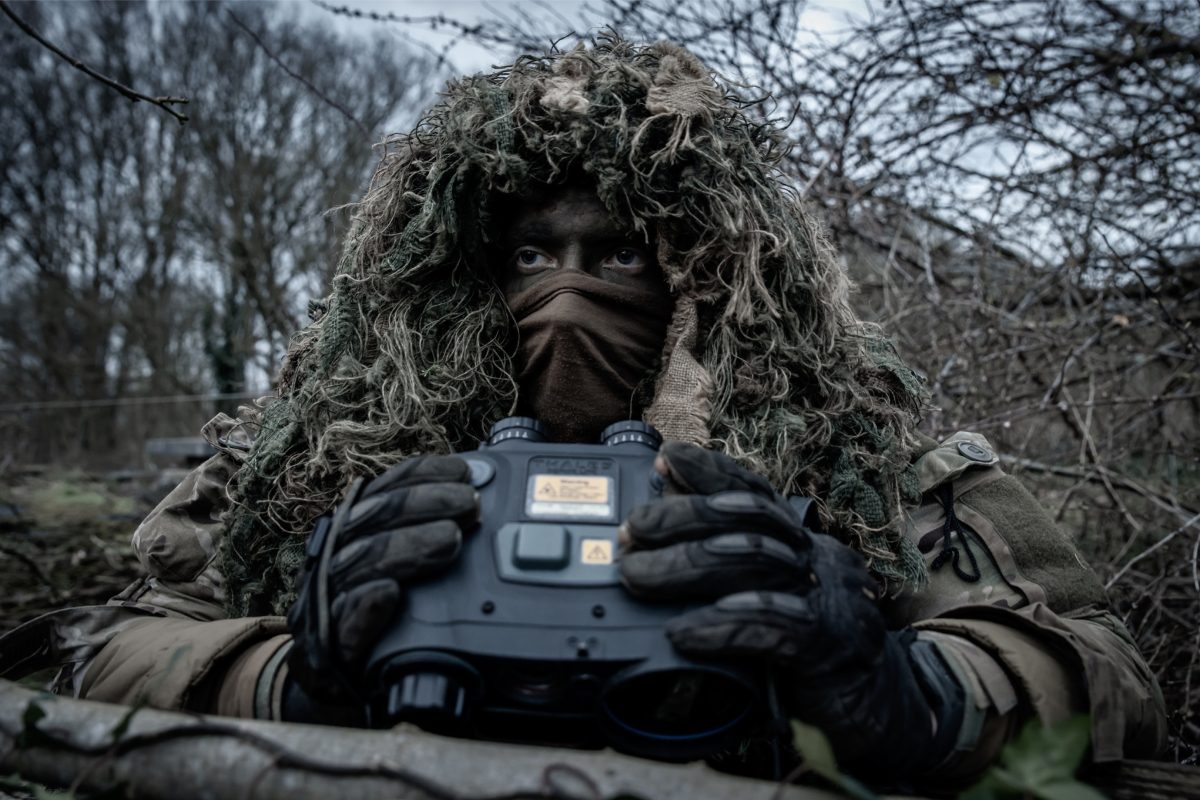
Special Reconnaissance team members are among the most highly trained personnel in the Belgian military. The instructors provide no encouragement or criticism. This can be a marked contrast from the candidate’s experience in their former unit. The demands of life in a Special Reconnaissance team require each candidate to be 100% self-motivated.
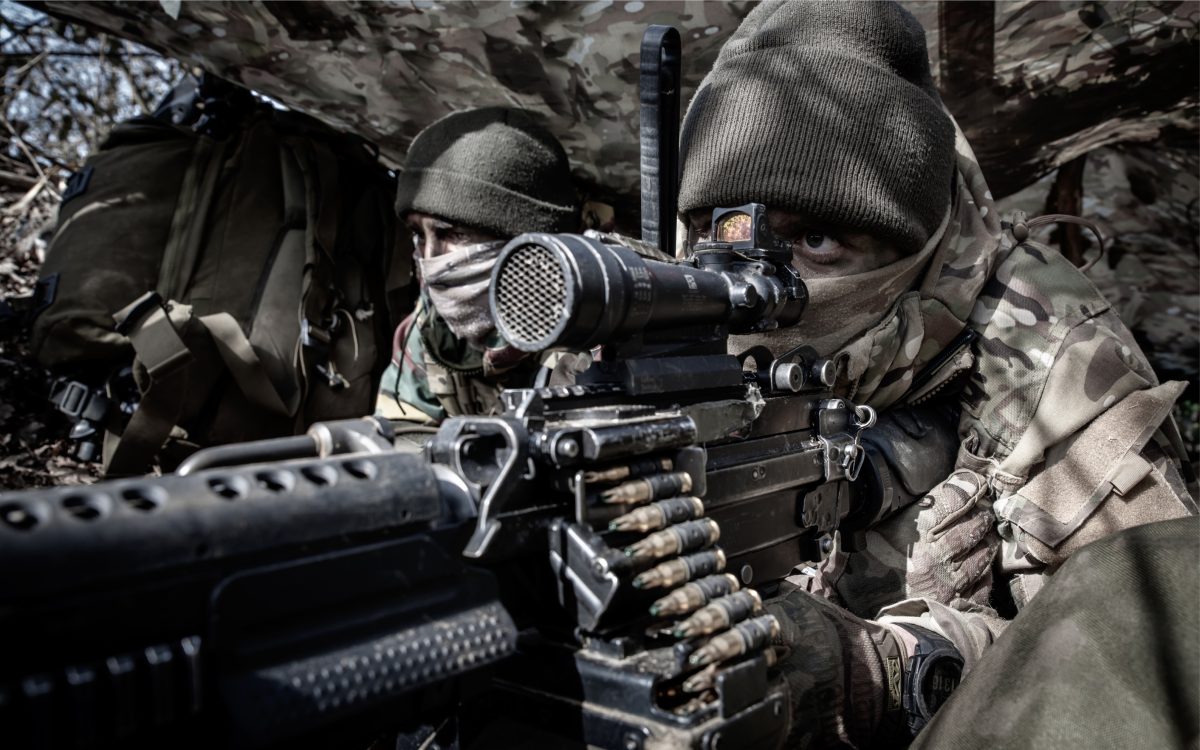
The BSRC will start with a selection week. Candidates will complete physical, cognitive, and psychological tests. Candidates deemed fit may proceed to follow the rest of the course. Due to the isolated nature of a job within Special Reconnaissance, you will be assessed on your navigation skills. This course is designed to test the candidates’ endurance and map-reading skills. This is a go or no-go criterion crucial for passing the selection. The course also consists of technical and tactical weeks in which the objective is to learn and assimilate dismounted Special Reconnaissance TTPs and SOPs.
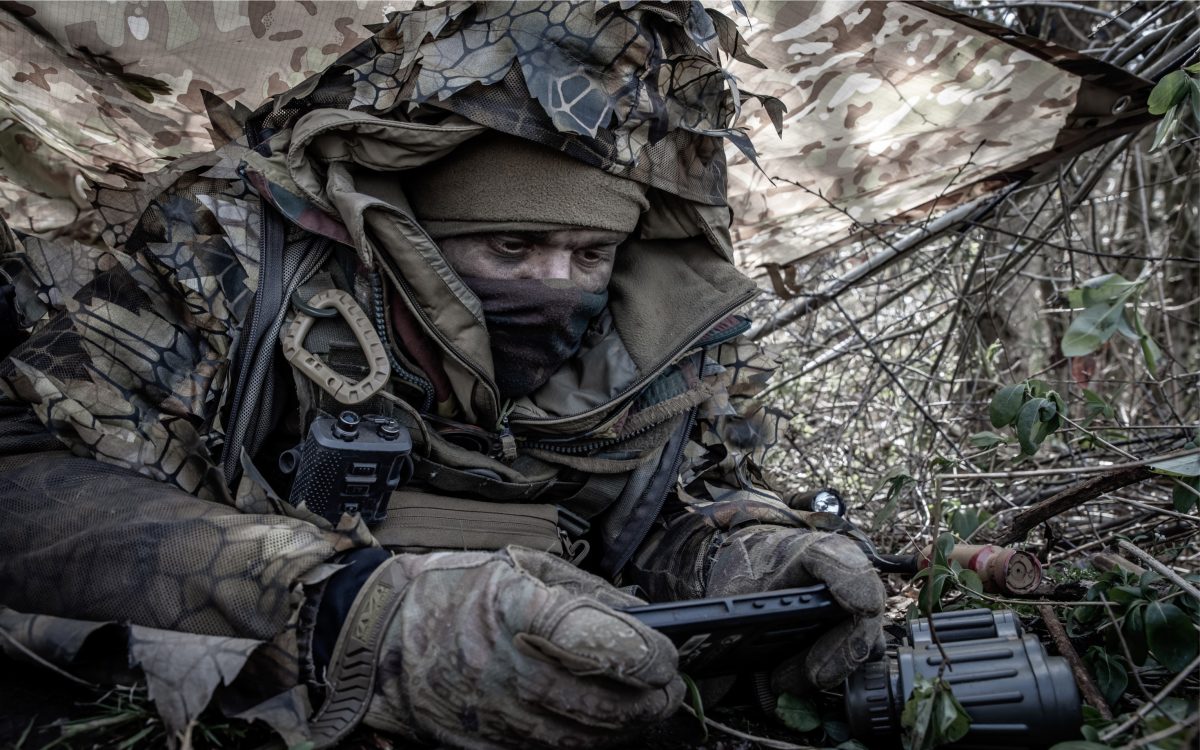
A decent level of the English language is an additional mandatory criterion to pass the course successfully. This is a mandatory criterion to pass the course while working alongside joint and coalition SOF partners. Candidates will be evaluated on their character, personality, and professionalism throughout the course. The Special Reconnaissance team members provide more than environmental reconnaissance. Therefore this course is designed to push the candidates’ mental and physical fortitude to a limit.
During the BSRC and daily teamwork, you must show professionalism, willingness, and eagerness to learn and improve. Make sure you drive values like integrity, honesty, and respect. Next to these qualities, you must show high dedication to the teams.
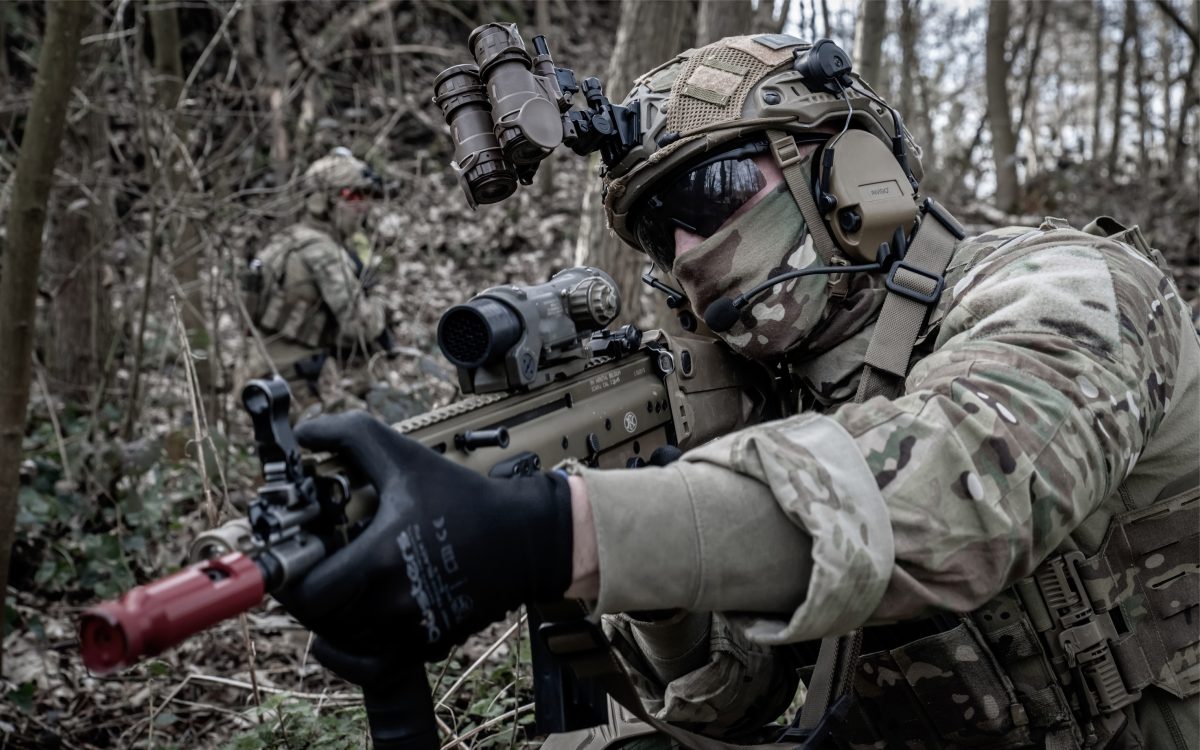
The Special Reconnaissance career field will allow you to work in small, dedicated, and well-equipped teams. Make sure you can expand your knowledge and gain unique experiences. Last, but not least, take on big responsibilities.
“The price of greatness is responsibility”
I want to thank the PAO of 3 Para and the 21st Special Reconnaissance Detachment members for their hospitality and support in creating this article.
